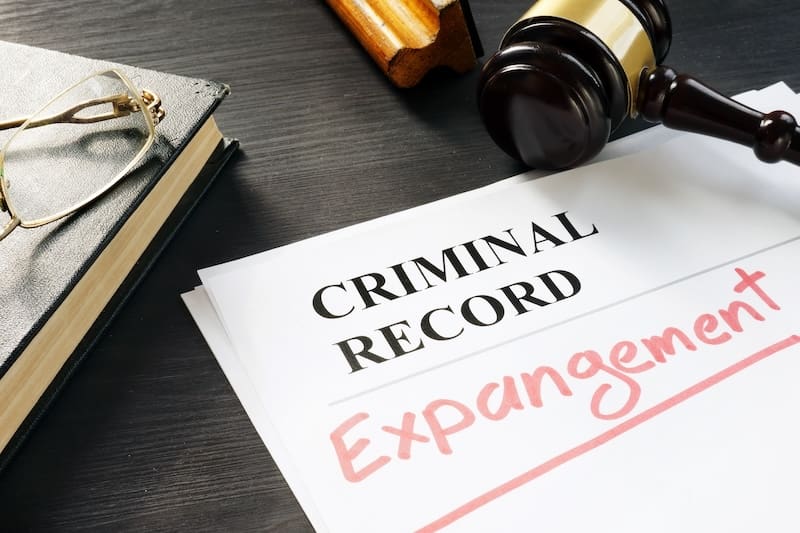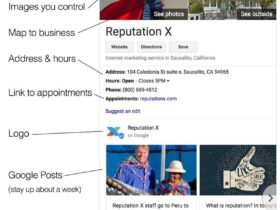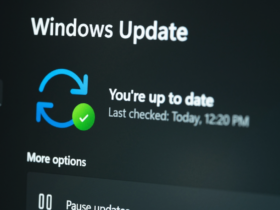This article discusses common issues you may face when you try to remove online court records and what to do about them.
There are a number of reasons why you may want to remove online court records. From protecting your online privacy and preventing social stigmas to putting yourself in the best position to land your dream job or move into a new home, preventing access to certain public records can be a big help.
Unfortunately, it can be difficult for some people to remove criminal court records. Between legal roadblocks and technical challenges, the process isn’t always as fast and simple as you may hope.
Read on to learn about possible issues you’ll come up against when you attempt to clean up your online presence. To speak with an expert in online reputation management, contact us today at
844-230-3803
.
How Accessible Are Online Court Records?
Preparing yourself for the difficulty of removing online court records starts with understanding how and why they’re accessible online.
Government databases and other public records databases often make court records public for a number of reasons:
- Accountability: The public can ensure that the legal system is doing its part.
- Education: Law students often refer to public court records when learning about legal issues.
- Transparency: The public can check court records for errors and mistakes.
States set their own laws about access to court records, and the age of the record and the type of record may play a role in how accessible it is.
In addition to government websites publishing court records, data brokers and other third-party websites may pick up your private information and publish it on their own sites. This is why it can be so difficult to delete public court records from web search results. Even if the original posting site removes the data, other sites that have published it won’t necessarily follow suit.
For help managing the information that’s available about you online, call us today at
844-230-3803
.
3 Main Challenges When Removing Online Court Records


The three biggest issues you’re likely to come up against when trying to remove public court documents are legal restrictions, public databases, and lack of cooperation. Let’s get into them, including how to handle each issue.
Legal Restrictions


In order to have a court agree to seal or expunge your public records, you’ll need to meet your state’s prerequisite criteria. For example, in New York State, you’re only eligible to have conviction information sealed or expunged if you don’t have more than two convictions, including no more than one felony conviction.
There’s typically a list of requirements to meet, including a long waiting period between the event and when you can apply for removal via sealing or expungement. Even if meet the requirements, there’s no guarantee that you’ll have your court records removed from public access.
Often, courts weigh the public interest against the request for record removal. If the court finds that the public’s interest is better served by your data being accessible, it’s less likely that your removal request will be approved.
What You Can Do
To make a strong case for online court record removal, first, make sure to understand the ins and outs of sealing and expungement law in your state.
When you’re sure you’ve met the requirements, gather all of the documents and materials that will support your case. Fill out application forms and other paperwork thoroughly, and make sure to strictly follow submission guidelines.
You may also want to hire a lawyer who’s experienced in sealing and expungement law in your state. This is the best way to set yourself up for success.
Public Databases


Once a person’s sensitive information is posted online, data brokers and people search websites crawl the information and add it to their databases. Finding all the different sites where your information is listed is a huge job. Plus, those sites often crawl one another, so even if your information is removed from one data broker website, it can be re-added in the future.
What You Can Do
Before contacting each website to request removal, build a list of the different sites where your information is found. By keeping track of them on a spreadsheet, you’ll be able to take a well-planned approach to requesting removal. The spreadsheet can include details about the website and contact information, plus when you submitted your removal request and the outcome.
For help with the removal of your personal information, call our ORM experts today at
844-230-3803
.
Lack of Cooperation


The first step to having your court record info removed from public databases is contacting the website owners to ask that they take it down. There are a lot of challenges that come with this, including:
- Finding the website owner’s contact information.
- Sending a message that successfully goes through.
- Getting any type of response, including a cooperative one.
- Proving that your data should be removed.
- Ensuring that the information won’t be re-added to the site post-removal.
Unfortunately, even if you’re able to get in touch with the website owner and they agree to take down the information, they may not follow through.
What You Can Do
Because it can be so difficult to find the sites where your info is listed and get the website owners to agree with your removal request, many people hire ORM teams to do the legwork for them. You can speak with an expert in content removal today by calling
844-230-3803
.
Get Expert Help With Court Record Removal


Even with a lot of time and effort on your part, completely removing court records may be beyond your capacity. Between state law and digital permanence, completely clearing Google search results of your court record data can feel impossible.
Luckily, online reputation management firms are able to help with content removal and search engine suppression. By removing as much negative or unflattering information as possible and then suppressing the rest by posting positive and neutral content about you, you can greatly reduce the chance of people finding out about your history with the court.
Take back control of your internet reputation and your privacy. Call us today at
844-230-3803
to learn about how to suppress court records and improve your personal and professional life.















